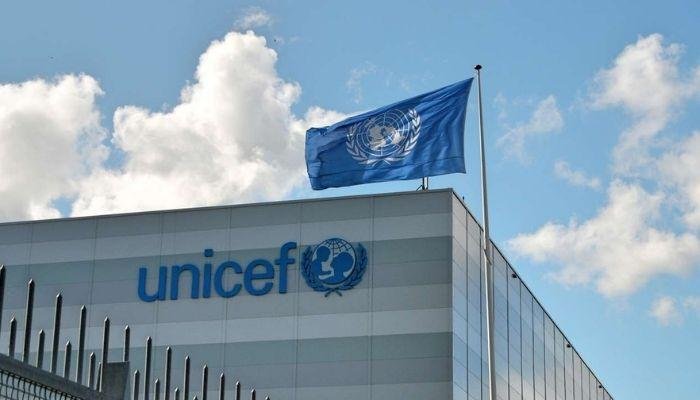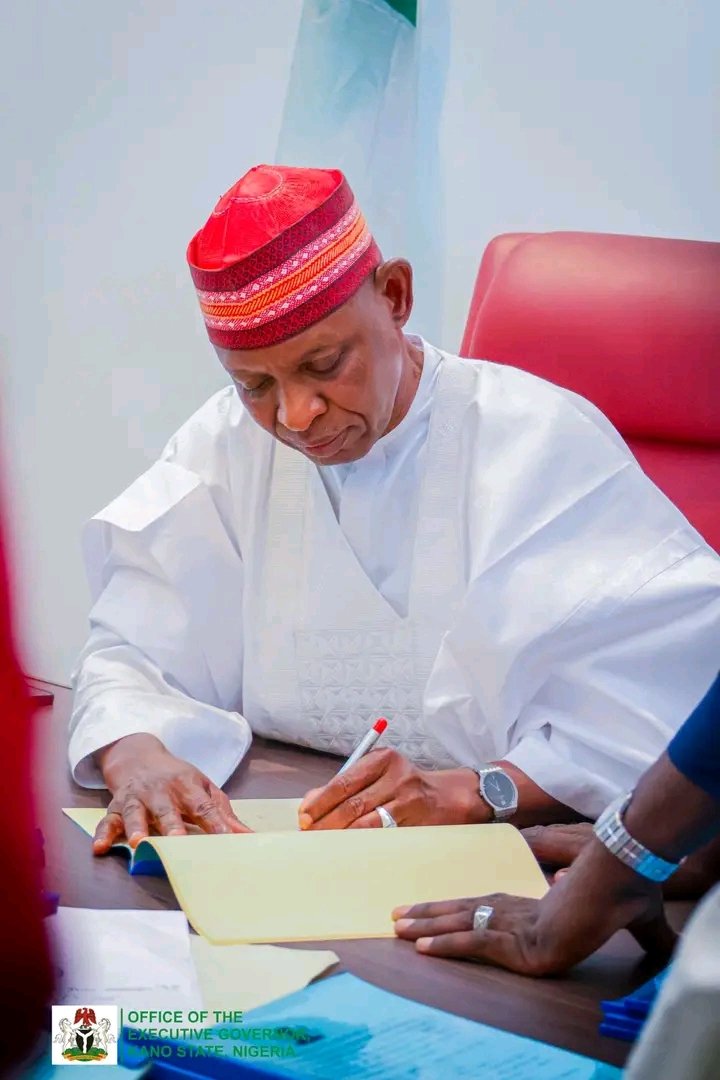Hussaini Kafi in Kano
The United Nations Children’s Fund (UNICEF) wrapped up a week-long capacity-building workshop on Saturday, targeting officers-in-charge (OICs) from Primary Healthcare (PHC) centres across Kaduna State.
The training aimed to strengthen gender-responsive healthcare delivery, focusing on the intersection of gender and access to immunisation and other PHC services.
Participants came from Zaria, Sabon Gari, and Makarfi Local Government Areas—regions noted for poor health indicators and limited health-seeking behaviours. Dr. Idris Baba, UNICEF Health Specialist and Gender Focal Person, explained that the workshop sought to deepen understanding of how gender dynamics influence healthcare access.
He highlighted societal power structures within households—where decision-making by husbands, wives, or grandparents impacts utilisation of health services.
A major challenge identified was the lack of adequate data collection tools essential for tracking progress and guiding evidence-based decisions.
Dr. Baba stressed that gender equity does not mean favouring one group but ensuring all receive necessary support by removing structural barriers in education and healthcare.
To sustain gains, UNICEF plans to hold community town hall meetings involving traditional leaders, religious figures, and women’s groups, fostering inclusive engagement.
Kaduna State Primary Health Care Board’s Education Officer, Isah Yushau, affirmed the state’s commitment to tackling gender-related healthcare barriers, especially for women and children.
He underscored the critical role of community and religious leaders alongside government and development partners in achieving equitable healthcare access.
Participant Hadiza Shika from PHC Samaru described the training as an “eye-opener,” emphasizing the importance of distinguishing sex from gender and improving data disaggregation on socioeconomic factors to better address community health needs.
The initiative also included ward community engagement focal persons and state social mobilisation officers, broadening its impact across Kaduna State.



